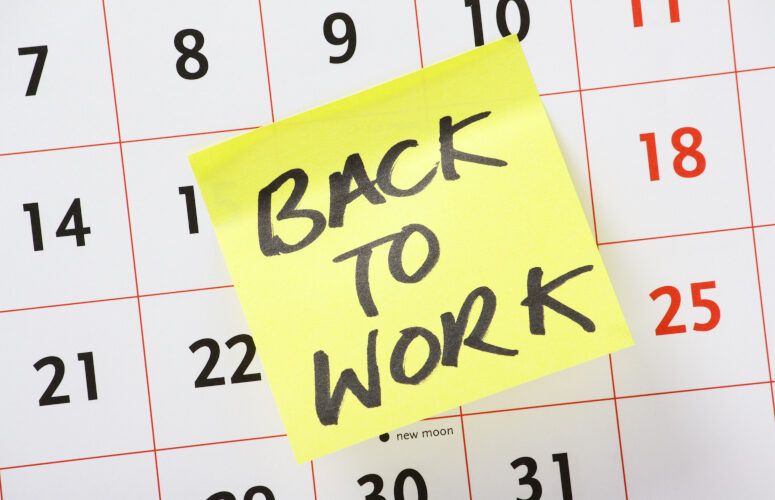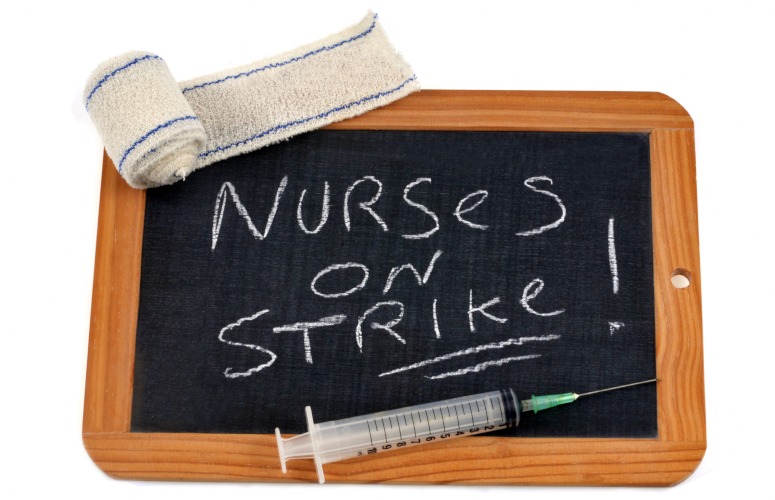
Some Customer-Facing State Offices Return to Full-time, In-person Operations
By Anthony Birritteri, Editor-in-Chief On Oct 18, 2021Today is Oct. 18, the day state workers were supposed to return to their offices full-time, as Gov. Phil Murphy mandated in late August. At today’s COVID-19 press briefing, the governor said the focus is on the state’s larger agencies that are highly customer-facing, such as the departments of: Children and Families, the Department of Labor and Workforce Development, and the Motor Vehicles Commission. “Other departments will be phased in over the coming weeks,” the governor said.
State employees returning to work must be fully vaccinated or submit to weekly testing. When Murphy announced the vaccine mandate back in August, workers were required to report to their offices at a minimum of two to three times per week.
He said today employees who continue working from home do not have to submit to weekly testing. “If they come in and are not vaccinated, they are going to have to start the testing regimen,” Murphy said, adding that he did not have the complete numbers on the percentage of state workers who are fully vaccinated on hand. In addition to state agencies, the mandate applies to public colleges and universities.
New Jersey had already required workers in hospitals, long-term care centers, prisons and other state and private healthcare facilities to be fully vaccinated.
Today’s state worker mandate comes as the COVID-19 Delta variant now represents 100% of variants circulating in New Jersey, said state Health Commissioner Judy Persichilli.
She said that booster shots are going to be vital in reducing the spread of COVID-19 and encouraged everyone eligible for a Pfizer booster shot to get one (those 65 and older and those with underlying health conditions).
Persichilli added that more people will be eligible for booster shots in the coming weeks. So far, the FDA Vaccine and Related Biological Products Advisory Committee recommended that the Moderna booster be granted Emergency Use Authorization for those 65 and older or with underlying conditions. The same panel, last Friday, recommended that the Johnson & Johnson booster be given to all recipients two months after their single-dose shot.
The Centers for Disease Control & Prevention’s Advisory Committee on Immuno Practices will meet on Oct. 20 and Oct. 21 to offer further recommendations on the use of the Moderna and J&J boosters.
To access more business news, visit NJB News Now.
Related Articles:





